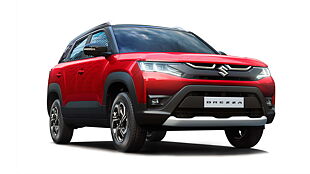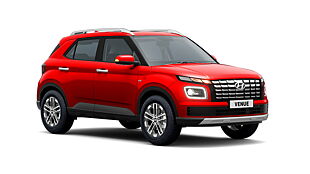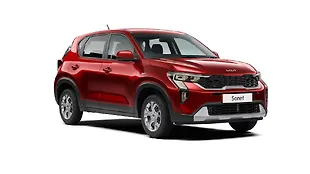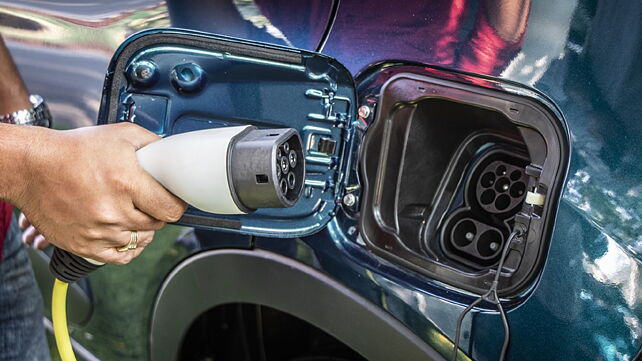
In the past decade, the global automakers have been extensively working on finding alternative fuel sources. By far, electric mobility has been a preferred choice for auto manufacturers. The Indian government is not too far behind in trying to develop and encourage manufacturers to opt for a greener source of mobility. Read below to learn more about initiatives undertaken by the central government for electric vehicle development.
Alternate Fuel for Surface Transportation Program (2010 – 2012)
Back in 2010, the Ministry of New and Renewable Energy (MNRE) implemented a 20 per cent subsidy for EVs through this scheme, which ranged from Rs 5,000 for two-wheelers, Rs 60,000 for seven-seater three-wheelers, Rs1 lakh for four-seater passenger cars, to nearly Rs4 lakh for buses. The program had a total outlay of Rs 95 crore. Post its implementation, there was a big leap in sales of electric vehicles, particularly the e-bikes segment. However, the initial spurt in sales was soon followed by a slump as the scheme had limited scope and did not cover any major vehicle or component development activity by the industry.
National Electric Mobility Mission Plan 2020 (NEMMP)
In 2013, the Department of Heavy Industry introduced the National Electric Mobility Mission Plan 2020 (NEMMP) with an outlay of Rs 14,000 crore towards the creation of infrastructure and promoting the use of EVs in India. The mission envisaged Electric and Hybrid vehicle sales in India to reach 6-7 million units by 2020, spearheading India towards a global leadership position in EV manufacturing. The Faster Adoption and Manufacturing of Electric Vehicles in India (FAME) Scheme was launched under this mission.
FAME-I Scheme
On 1 April, 2015 the Department of Heavy Industry launched the FAME India scheme (Faster Adoption and Manufacturing of Electric Vehicles) with an outlay of Rs 795 crore. The programme was aimed at promoting hybrid as well as electric vehicles, along with technology industries that have been planning to enter it. The key areas of focus included demand creation through upfront subsidy, research and development of pilot projects, and charging infrastructure. Additionally, subsidies were also provided for two-wheelers, three-wheelers, passenger vehicles, light commercial vehicles, and busses.
FAME-II Scheme
Effective from 1 April 2019, the Department of Heavy Industry introduced the second phase of FAME (Faster Adoption and Manufacturing of Electric vehicles) with a budget of Rs 10,000 crore. The subsidy on EVs became applicable to commercial vehicles, public transport vehicles, and two-wheelers. The FAME-II scheme is applicable for a period of three years from 2019 to 2022. Under this scheme, only vehicles that are powered by lithium-ion batteries or a more advanced power source can avail the government benefits. As a part of EV charging infrastructure plans, around 2,700 charging stations were planned to be set up across different locations in tier-1 cities. The plan is to ensure the availability of at least one charging station in a grid of 3km x 3km.
Back then, charging station establishments were proposed on major highways connecting major city clusters. On such highways, charging stations were planned to be established on both sides of the road at an interval of 25km. Under the scheme, buses have to be priced under Rs 2 crore, plug-in hybrids under Rs 15 lakh, three-wheelers under Rs 5 lakh, and two-wheelers under Rs 1.5 lakh to be eligible for incentives. As per the notification, the FAME-II eligibility certificates which were issued by the testing agencies and approved models of electric vehicles were valid only up to March 31, 2021. Under the scheme, the approved models were required to submit re-validation certificates for availing of demand incentives under the FAME-II scheme. However, last month the Department of Heavy Industry extended the validity of FAME-II certification to help OEMs who are stuck with their unsold inventory due to the ongoing pandemic in the country.
Apart from working on a roadmap for EVs in the country, the central government has also undertaken other noteworthy initiatives, such as – Smart Cities Mission (launched in 2015), National Mission on Transformative Mobility and battery storage (approved in 2019), and Production-linked Incentive Scheme (launched in 2020).

![Tata Nexon EV [2020-2022] Image Tata Nexon EV [2020-2022] Image](https://imgd.aeplcdn.com/272x153/n/cw/ec/42611/tata-nexon-ev-right-front-three-quarter6.jpeg?q=80)
![MG ZS EV [2020-2022] Image MG ZS EV [2020-2022] Image](https://imgd.aeplcdn.com/272x153/n/cw/ec/39348/zs-ev-exterior-right-front-three-quarter-2.jpeg?q=80)
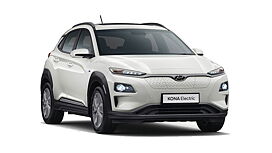
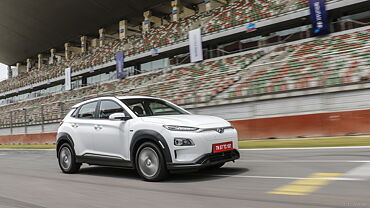
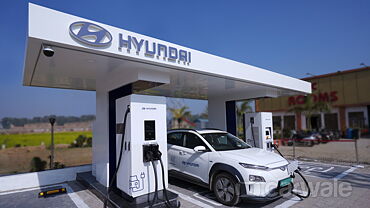
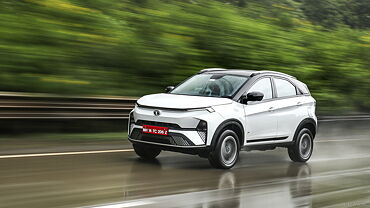
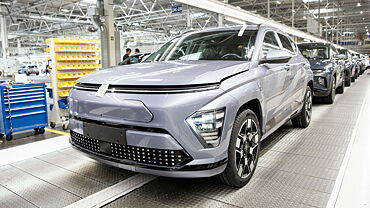
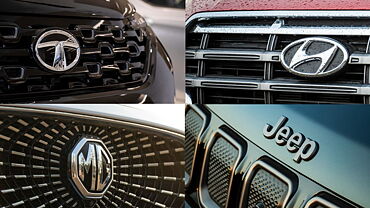
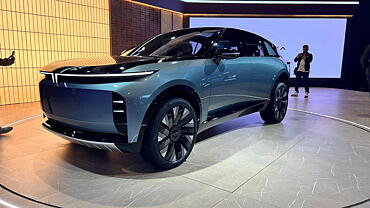

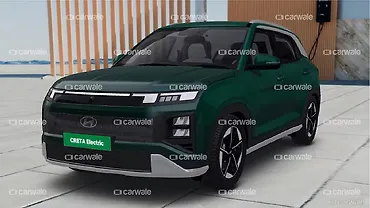
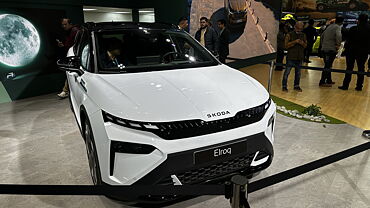

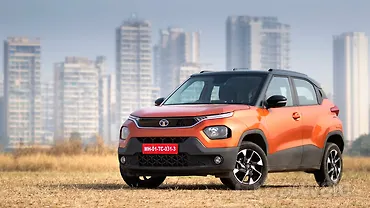




![Tata Nexon EV [2020-2022] Right Front Three Quarter Tata Nexon EV [2020-2022] Right Front Three Quarter](https://imgd.aeplcdn.com/199x112/n/cw/ec/42611/tata-nexon-ev-right-front-three-quarter6.jpeg?q=80)
![Tata Nexon EV [2020-2022] Right Front Three Quarter Tata Nexon EV [2020-2022] Right Front Three Quarter](https://imgd.aeplcdn.com/199x112/n/cw/ec/42611/nexon-ev-exterior-right-front-three-quarter-2.jpeg?q=80)
![Tata Nexon EV [2020-2022] Left Rear Three Quarter Tata Nexon EV [2020-2022] Left Rear Three Quarter](https://imgd.aeplcdn.com/199x112/n/cw/ec/42611/nexon-ev-exterior-left-rear-three-quarter.jpeg?q=80)
![Tata Nexon EV [2020-2022] Dashboard Tata Nexon EV [2020-2022] Dashboard](https://imgd.aeplcdn.com/199x112/n/cw/ec/42611/nexon-ev-interior-dashboard.jpeg?q=80)
![Tata Nexon EV [2020-2022] Steering Wheel Tata Nexon EV [2020-2022] Steering Wheel](https://imgd.aeplcdn.com/468x263/n/cw/ec/42611/nexon-ev-interior-steering-wheel.jpeg?q=80)






